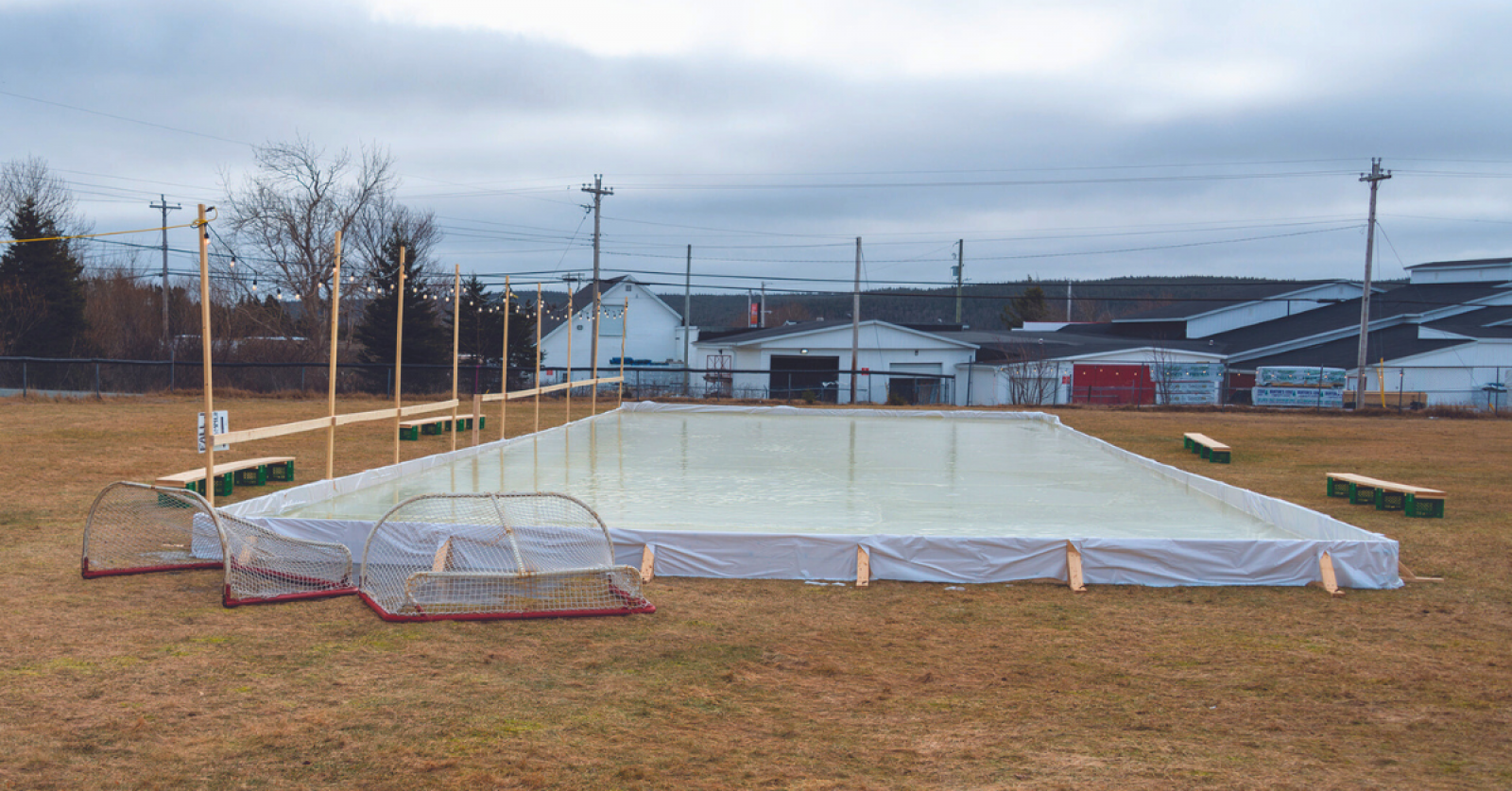March 14, 2024

Low Snow
BY GRANT HARRISON
Our next-door neighbour builds the most amazing ice rink in his backyard every year. It has curved corners, lights, painted two-foot high boards all the way around with netting to catch stray pucks. The only thing missing is a scoreboard and lines in the ice, though I expect those are coming. It’s a work of art. But this year, it’s been more like a wading pool than an ice rink.
The weather this year has been unlike anything I can remember in all my years in landscaping. As I write this, it’s February 7 and 9 C in Toronto. There are no snow piles and no frost in the ground. Many of our clients that do snow and ice removal over the winter season are concerned about what this means for their business, both this year and in the future. While a light winter may have its pros and cons, one thing is certain — we need to adapt and make changes in our practices and snow contracts to survive in the face of low snow seasons.
Let’s talk about some of the pros of a low-snow season:
- Reduced equipment damage and wear: With less snowfall, snow removal equipment experiences less usage, resulting in less wear and tear.
- Time to prepare for the spring: Instead of focusing on snow removal, contractors can use this time to prepare for the upcoming spring rush, ensuring everything is ready to go for the green season.
- Rested staff: With fewer snow events to tackle, the staff can rest and recharge (if it’s mild and sunny, all the better!). This reduces the risk of burnout and enhances overall performance when snow events do happen.
- Cost savings: Light winters lead to reduced material and labour costs. Lower maintenance expenses can significantly impact the bottom line, allowing for increased profitability and/or reinvestment opportunities.
- Shovels in the ground sooner: A light winter allows contractors to get a head start on their landscaping projects, giving them a competitive edge in attracting more clients and therefore, more revenue.
Now, let’s talk about some of the challenges:
- Lack of hours for hourly-based staff: With fewer snow events, hourly employees may experience reduced hours, which can impact their livelihood. It is crucial to find ways to keep them engaged and provide them with alternate tasks.
- Decreased high-margin revenue: Low snow seasons may result in limited revenue from services such as snow removals, relocations and salting applications, which are typically high-margin services for contractors.
- Client dissatisfaction: Some clients may question the value of their all-inclusive snow contracts if they receive minimal snow removal services. It is vital to manage client expectations and communicate effectively, ensuring a strong client-contractor relationship.
- Keeping salaried/guaranteed-hour staff busy: With little or no snow, keeping these employees busy can be a challenge, as well as a frustration for business owners.
How to adapt
Since spring is quickly approaching, here are some suggestions for keeping staff busy and preparing for a great start to the green season.
- Keep staff engaged until spring startup: Use this time for spring clean-ups, enhancement quotes, equipment cleaning and servicing, staff training and attending industry events. Taking care of other maintenance tasks and preparing for the upcoming season helps maintain staff productivity during low snow periods.
- Hybrid contracts: Consider implementing a hybrid contract structure that shares the risk between contractors and clients. This structure guarantees a certain number of plows and salting applications, with additional services charged separately. This way, both parties benefit in low or above-average winter conditions.
- Flexible contract adjustments: Develop contracts that allow for adjustments based on weather patterns. By having a guaranteed portion of winter contract revenue, contractors can cover their equipment costs and overheads. The remaining portion can be allocated for repairs, maintenance and labour during snow events.
In adapting to below-average snowfall seasons, it is essential for snow contractors to embrace change, adjust contract structures and find ways to engage their staff effectively during low snow periods. By being proactive and flexible, businesses can weather the storm (or lack thereof) and continue thriving, even in the face of unpredictable weather patterns.
 Grant Harrison operates Nextra Consulting with his wife Marla in Ingersoll, Ont. He has previously held management positions with Clintar, and Gelderman Landscape Services, and owned and operated Escapes Outdoor Living.
Grant Harrison operates Nextra Consulting with his wife Marla in Ingersoll, Ont. He has previously held management positions with Clintar, and Gelderman Landscape Services, and owned and operated Escapes Outdoor Living.